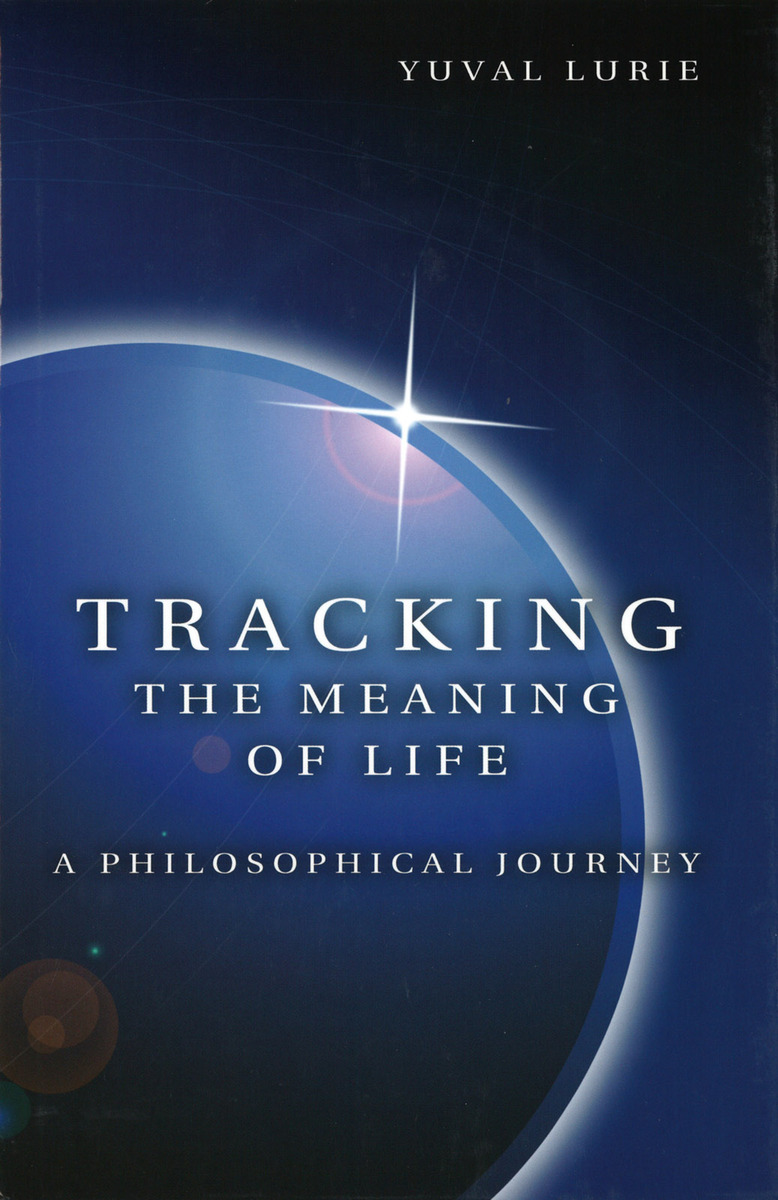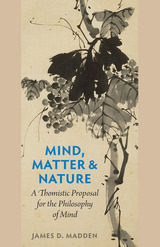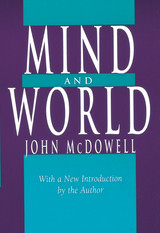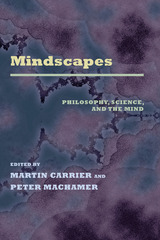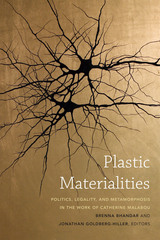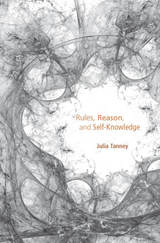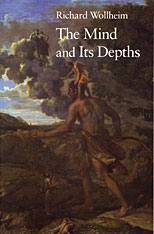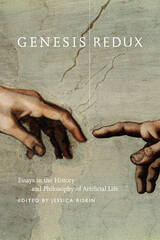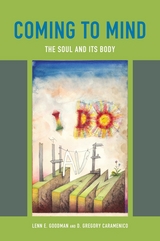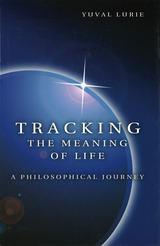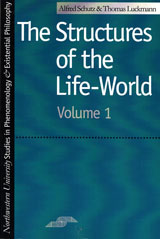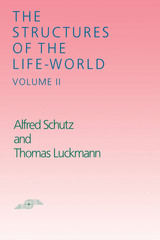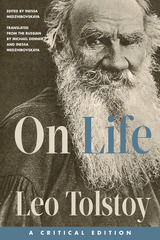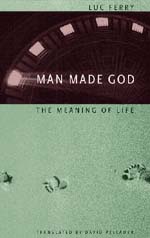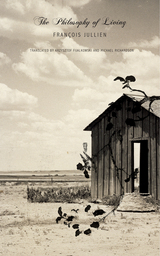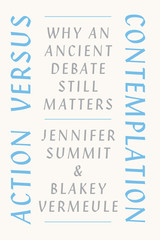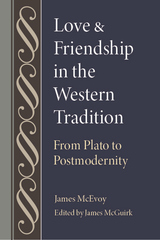Tracking the Meaning of Life: A Philosophical Journey
University of Missouri Press, 2006
eISBN: 978-0-8262-6530-2 | Cloth: 978-0-8262-1652-6
Library of Congress Classification BD431.L8613 2006
Dewey Decimal Classification 128
eISBN: 978-0-8262-6530-2 | Cloth: 978-0-8262-1652-6
Library of Congress Classification BD431.L8613 2006
Dewey Decimal Classification 128
ABOUT THIS BOOK | AUTHOR BIOGRAPHY
ABOUT THIS BOOK
What intelligent person has never pondered the meaning of life? For Yuval Lurie, this is more than a puzzling philosophical question; it is a journey, and in this book he takes readers on a search that ranges from ancient quests for the purpose of life to the ruminations of postmodern thinkers on meaning. He shows that the question about the meaning of life expresses philosophical puzzlement regarding life in general as well as personal concern about one’s own life in particular.
Lurie traces the emergence of this question as a modern philosophical quandary, riddled with shifts and turns that have arisen over the years in response to it. Tracking the Meaning of Life is written as a critical philosophical investigation stretching over several traditions, such as analytic philosophy, phenomenology, and existentialism. It maps out a journey that explores pivotal responses to this question, drawing especially on the thought of Tolstoy, Wittgenstein, Sartre, and Camus and exploring in depth the insights these thinkers offer regarding their own difficulties concerning the meaning of life.
In the book’s four sections, Lurie discusses Tolstoy’s challenge to experience the religious and transcendental meaning of life by choosing a simple, hardworking existence; Wittgenstein’s focus on ethics and discovering the sense of the world, his conclusion that the question of the meaning of life makes no sense, and his turning to experience the mystical aspect of the world; Sartre’s positing of freedom as the basis of human life, stipulating a personal answer to the question of the meaning of life; and Camus’ view of the absurdity of life, unalleviated by any personal meaning. Guided by these views, Lurie imparts new insight to ideas that underlie our concern with life’s meaning, such as the difference between attitudes toward life and beliefs and opinions about life, the meaning of words versus the meaning of events, shared meanings versus personal meanings, and the link between ethics and personal identity.
Tracking the Meaning of Life is no mere dry philosophical study but a journey that dramatically illustrates the poignancy of the quest for meaning, showing that along the way it gradually becomes more obvious how personal meaning may be found in the pulsations of everyday life. The book offers stimulating reading not only for scholars in philosophy but also for general readers who wish to see how their personal concerns are echoed in modern philosophical thought. More than a description of a journey, it is a map to anxieties and puzzlements we all face, pointing to ideas that can guide readers on their own search for meaning.
See other books on: Ethics & Moral Philosophy | History & Theory | Meaning | Philosophy, Modern | Tracking
See other titles from University of Missouri Press
